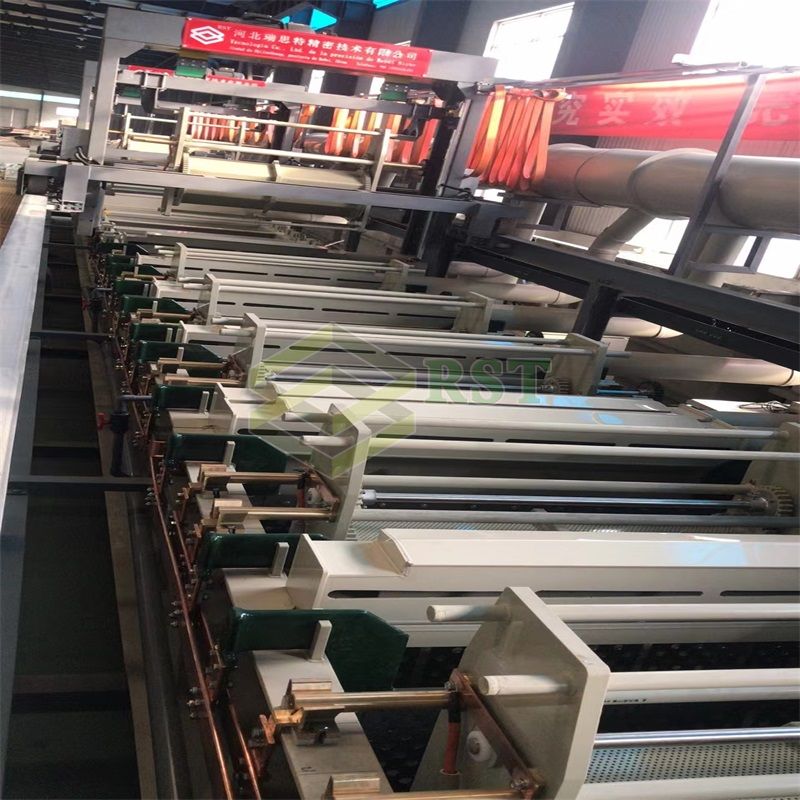How do you know if a Barrel Plating Machine is good to buy?
Investing in a barrel plating machine is a significant decision for any business involved in metal finishing processes. The selection process requires careful consideration of various factors to ensure that the chosen machine meets your specific needs and delivers optimal performance. Here are key considerations to help you determine if a barrel plating machine is good to buy:
1. Type of Plating Process: Different barrel plating machines are designed for specific plating processes, such as electroplating, electroless plating, or other specialized applications. Identify the type of plating process your business requires, and ensure that the machine you are considering is well-suited for that particular process.
2. Material Compatibility: Consider the materials you plan to plate and ensure that the barrel plating machine is compatible with the specific metals or alloys involved. Compatibility with a range of materials is crucial to accommodate diverse customer requirements and expand your business capabilities.
3. Barrel Size and Capacity: Evaluate the size and capacity of the barrel in the plating machine. The barrel size should align with the volume and dimensions of the parts you intend to plate. Additionally, consider the machine's overall capacity to ensure it can handle the production volume required for your business.
4. Automation and Controls: Modern barrel plating equipments often come with automation features and advanced controls. Evaluate the level of automation required for your operations and assess the ease of use of the machine's controls. Automation can contribute to efficiency, consistency, and reduced human error in the plating process.

5. Quality of Plating: The ultimate goal of a barrel plating machine is to achieve high-quality plating results. Look for machines that are known for providing uniform and consistent plating thickness, excellent adhesion, and minimal defects. Customer reviews, references, or testing the machine with sample parts can provide insights into its plating quality.
6. Maintenance and Serviceability: A good barrel plating machine should be designed for ease of maintenance and serviceability. Check if the machine allows for convenient access to components that may require regular maintenance. Additionally, inquire about the availability of spare parts and the responsiveness of the manufacturer or supplier in providing support.
7. Environmental Considerations: Consider the environmental impact of the barrel plating machine. Some machines are designed with features to minimize waste generation, reduce energy consumption, or utilize eco-friendly plating solutions. Compliance with environmental regulations and sustainability goals should be part of your assessment.
8. Cost and Return on Investment (ROI): Assess the overall cost of the barrel plating machine and weigh it against the anticipated return on investment. Consider not only the initial purchase price but also operating costs, maintenance expenses, and the potential impact on your production efficiency and customer satisfaction.
9. Manufacturer Reputation: Research the reputation of the manufacturer or supplier of the barrel plating machine. A reputable and established manufacturer is more likely to provide reliable equipment, excellent customer support, and adherence to industry standards.
10. Safety Features: Safety is paramount in plating operations. Ensure that the barrel plating machine is equipped with safety features such as emergency shut-off mechanisms, protective enclosures, and compliance with safety standards relevant to your industry.
Conclusion: Informed Decision-Making for Successful Plating Operations:
In conclusion, the decision to purchase a barrel plating machine line requires thorough evaluation based on your specific operational needs and industry requirements. By considering factors such as plating process compatibility, material handling capacity, automation features, plating quality, maintenance considerations, environmental impact, cost, and the reputation of the manufacturer, you can make an informed decision that aligns with your business goals and ensures successful metal finishing operations.

Comments
0